Receive our newsletter
Your e-mail address is only used to send you our newsletter and information about the activities of Strasbourg Europe. You can always use the unsubscribe link included in the newsletter.
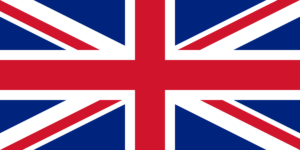
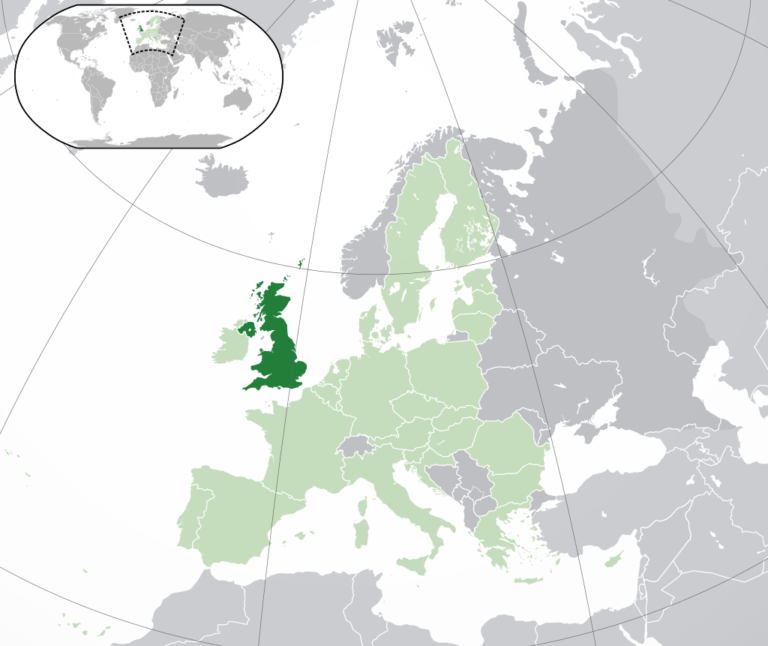
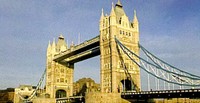
 Located in the south-east of England, London remains a popular destination for travellers from the world over. With its 1500 km2 and 33 districts, the capital offers a huge range of activities, including the cinema, concerts, and museums. A stylish, cultural city, London has been the scene of numerous artistic experiments. The English capital is also a gigantic administrative center, and its business district, “The City”, attracts some of the world’s largest groups and has ensured that the capital enjoys an impressive international reputation. London contains numerous architectural masterpieces, including the Palace of Westminster, the headquarters of the British Parliament, with its famous clock tower (98 metres in height) and its bells (Big Ben). There is also Whitehall (the headquarters of the British government), Westminster Abbey, Buckingham Palace (the official residence of the royal family), the Law Courts, the National Gallery, and the Tate Britain. London is also a communications hub, accessible by river via the Thames, by rail with the Eurostar line running through the Channel Tunnel, or by air with its Heathrow Airport, currently the largest airport in Europe.
Located in the south-east of England, London remains a popular destination for travellers from the world over. With its 1500 km2 and 33 districts, the capital offers a huge range of activities, including the cinema, concerts, and museums. A stylish, cultural city, London has been the scene of numerous artistic experiments. The English capital is also a gigantic administrative center, and its business district, “The City”, attracts some of the world’s largest groups and has ensured that the capital enjoys an impressive international reputation. London contains numerous architectural masterpieces, including the Palace of Westminster, the headquarters of the British Parliament, with its famous clock tower (98 metres in height) and its bells (Big Ben). There is also Whitehall (the headquarters of the British government), Westminster Abbey, Buckingham Palace (the official residence of the royal family), the Law Courts, the National Gallery, and the Tate Britain. London is also a communications hub, accessible by river via the Thames, by rail with the Eurostar line running through the Channel Tunnel, or by air with its Heathrow Airport, currently the largest airport in Europe.
“Big Ben”, the clock tower of the Houses of Parliament, London © Britain on view.com
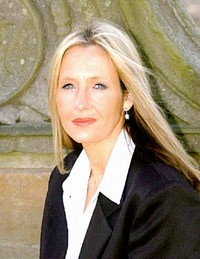
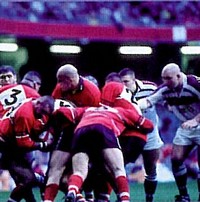 Everyone is familiar with the game of rugby, but do you know about its history? According to legend, the game of rugby began one day back in 1823 during a football match organised in the town of Rugby. William Webb Ellis took the ball in his hands and ran with it into the goal. This was the start of rugby’s illustrious history. From then on, rugby began to distinguish itself from football, defining its own rules and creating its own institutions. Very quickly, the new game became popular in the other British nations and in France. The first international rugby match was held in 1871 in Edinburgh, between England and Scotland, and the first Four Nations Tournament (between England, Scotland, Ireland and Wales) was held in 1884. Since then, the tournament has expanded to take in two other countries (France and Italy), and is today known as the Six Nations Tournament. Since 1987, a Rugby World Cup has been organised every four years. Traditionally this is won by countries from the southern hemisphere (New Zealand, Australia or South Africa) but in 2003 the world cup was won for the first time by a European nation: England.
Everyone is familiar with the game of rugby, but do you know about its history? According to legend, the game of rugby began one day back in 1823 during a football match organised in the town of Rugby. William Webb Ellis took the ball in his hands and ran with it into the goal. This was the start of rugby’s illustrious history. From then on, rugby began to distinguish itself from football, defining its own rules and creating its own institutions. Very quickly, the new game became popular in the other British nations and in France. The first international rugby match was held in 1871 in Edinburgh, between England and Scotland, and the first Four Nations Tournament (between England, Scotland, Ireland and Wales) was held in 1884. Since then, the tournament has expanded to take in two other countries (France and Italy), and is today known as the Six Nations Tournament. Since 1987, a Rugby World Cup has been organised every four years. Traditionally this is won by countries from the southern hemisphere (New Zealand, Australia or South Africa) but in 2003 the world cup was won for the first time by a European nation: England.
Rugby match © Britain on view.com
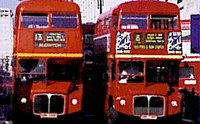
Your e-mail address is only used to send you our newsletter and information about the activities of Strasbourg Europe. You can always use the unsubscribe link included in the newsletter.
Information Center
on the European Institutions (CIIE)
Europe Direct Information Center
All rights reserved to the CIIE
Non-profit organization
Mailing address
1 allée Kastner
67000 Strasbourg
France
Visitors entrance
8 rue Boecklin
67000 Strasbourg
France
To provide the best experiences, we use technologies such as cookies to store and/or access device information. Consenting to these technologies will allow us to process data such as browsing behavior or unique IDs on this site. Failure to consent or withdrawing consent may adversely affect certain features and functions.
Europe Direct network
The CIIE team
Contact information and opening hours
Lieu d’Europe
The CIIE offices
Contact us
CIIE’s Documentation Centre & Publications
School presentations & Activities
Borrowing of learning material
Activities for the general public
Institutions of the European Union in Strasbourg
Institutions Under the Authority of the Council of Europe
Other European Organisations in Strasbourg
Sessions of the European institutions in Strasbourg
Visiting the institutions
Map of the European district of Strasbourg
Institutions in Strasbourg in photos
Discover artistic Europe
National holidays of the member states of the Council of Europe